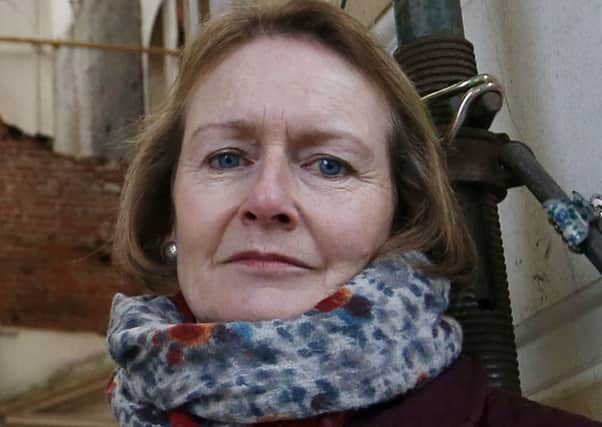Only eco-friendly farmers should get subsidies: National Trust boss


The current European Union subsidy system which pays farmers and landowners around £3 billion a year is “broken” and the vote to leave Europe provides an opportunity to rethink it, the trust’s director general Dame Helen Ghosh said.
Decades of post-war intensification backed by subsidies have produced a “double whammy” of harming wildlife, with 60 per cent of the UK’s studied species in decline, and damaging the services such as healthy soils which help food production.
Advertisement
Hide AdAdvertisement
Hide AdLeave campaigners have promised subsidies will continue in the short term after Brexit.
But over the longer term the National Trust, which directly receives £11 million a year in subsidies in addition to the payments claimed by its tenant farmers, want to see reform to the system so that public money only pays for public goods.
In a speech at the BBC Countryfile Live event at Blenheim Palace, Oxfordshire, on Thursday, Dame Helen will set out proposals to put protecting nature and natural resources at the heart of a new agricultural system.
Taxpayer money should go to paying to supporting things that the public values and needs – but the market will not pay for – such as wildflowers, bees and farmland birds, water meadows and winding rivers that prevent flooding in towns downstream.
Advertisement
Hide AdAdvertisement
Hide AdAnd the market should pay a fair return for food production, while farmers should receive rewards from utilities or the tourism industry for managing the land to help produce clean water or a great holiday experience, she will argue.
Only £600 million of the £3.1 billion farmers receive benefits wildlife, the environment and heritage, with the rest paid as “basic payments” on the basis of the amount of land owned.
The National Trust receives £8 million in basic payments and £3 million for wildlife-friendly schemes, but says it uses all the money to support conservation.
In her speech, the organisation’s chief will call for all subsidy payments to be dependent on meeting higher standards for looking after wildlife, soil and water.
Advertisement
Hide AdAdvertisement
Hide AdInstead of receiving more money for more land owned, the farmers who do the most for nature should get the biggest payments, and the system should support nature everywhere across the country.
Ahead of her speech, Dame Helen told the Press Association: “The current system is broken and it’s broken in a number of ways.
“From our perspective as a conservation charity, it’s because of the impact the subsidy system has produced in the dramatic and disastrous decline in wildlife, in nature, in species.
“But equally importantly, intensification has also produced significant impacts on things like soils, water, the kind of basic services the environment provides that support production.”
Advertisement
Hide AdAdvertisement
Hide AdThe Brexit vote, which the National Trust remained neutral on, “does give us the opportunity to think differently about subsidies and the way farmers get their income”.
“The taxpayer – who in the new world would be meeting the entire cost of subsidies – should only be buying the things the market cannot provide: payments for nature, for wildlife, for species, for managing the countryside.”